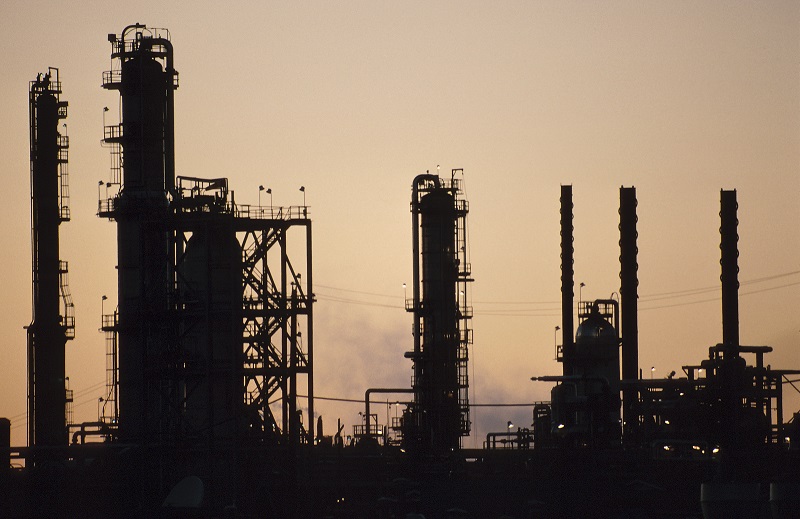Peak oil

|
Contents |
[edit] Introduction
The term 'peak oil' denotes the moment in time when domestic or global oil production peaks and will forever afterwards go into decline. Peak oil is therefore the point of maximum oil production.
[edit] Predictions
One of the earliest peak oil predictions came in 1956 from American Shell Oil geologist, M. King Hubbert, who pointed out that US oil production would peak around 1970. He was later proved correct by both the National Academy of Sciences and the Energy Information Agency (EIA). Hubbert subsequently generated much concern when he predicted a global peak oil date of 1975. However, this proved to be incorrect, as global oil production rose steadily to 2015.
Ever since Hubbert, there has been much research and debate and many government studies about when peak oil will occur: the International Energy Agency (IEA) for instance, gave its peak oil prediction as 2008 (ie the peak of conventional oil production). So far, numerous predictions have all turned out to be inaccurate, as oil production has continued to grow.
[edit] New technology
Peak oil depends not only on oil reserves but also available prices and technology. One reason it has proved so difficult to predict peak oil is because it is hard to know exactly what the available oil reserves are, given there are conventional sources of production (eg crude oil) and unconventional (shale oil). Twenty years ago, for example, it would have been very difficult to factor in the oil that might have been available from fracking which has allowed some regions such as North Dakota, US, to enjoy an oil production boom.
Given the movement towards alternative energy sources, it may be more relevant to talk of peak oil in terms of demand rather than of supply. Some oil analysts have argued that peak oil will be brought about by reduced demand, driven by increasingly expensive oil. Others have predicted that oil will become so expensive that fewer will have the means to pay for it.
[edit] Related articles on Designing Buildings Wiki
Featured articles and news
A case study and a warning to would-be developers
Creating four dwellings... after half a century of doing this job, why, oh why, is it so difficult?
Reform of the fire engineering profession
Fire Engineers Advisory Panel: Authoritative Statement, reactions and next steps.
Restoration and renewal of the Palace of Westminster
A complex project of cultural significance from full decant to EMI, opportunities and a potential a way forward.
Apprenticeships and the responsibility we share
Perspectives from the CIOB President as National Apprentice Week comes to a close.
The first line of defence against rain, wind and snow.
Building Safety recap January, 2026
What we missed at the end of last year, and at the start of this...
National Apprenticeship Week 2026, 9-15 Feb
Shining a light on the positive impacts for businesses, their apprentices and the wider economy alike.
Applications and benefits of acoustic flooring
From commercial to retail.
From solid to sprung and ribbed to raised.
Strengthening industry collaboration in Hong Kong
Hong Kong Institute of Construction and The Chartered Institute of Building sign Memorandum of Understanding.
A detailed description from the experts at Cornish Lime.
IHBC planning for growth with corporate plan development
Grow with the Institute by volunteering and CP25 consultation.
Connecting ambition and action for designers and specifiers.
Electrical skills gap deepens as apprenticeship starts fall despite surging demand says ECA.
Built environment bodies deepen joint action on EDI
B.E.Inclusive initiative agree next phase of joint equity, diversity and inclusion (EDI) action plan.
Recognising culture as key to sustainable economic growth
Creative UK Provocation paper: Culture as Growth Infrastructure.





















